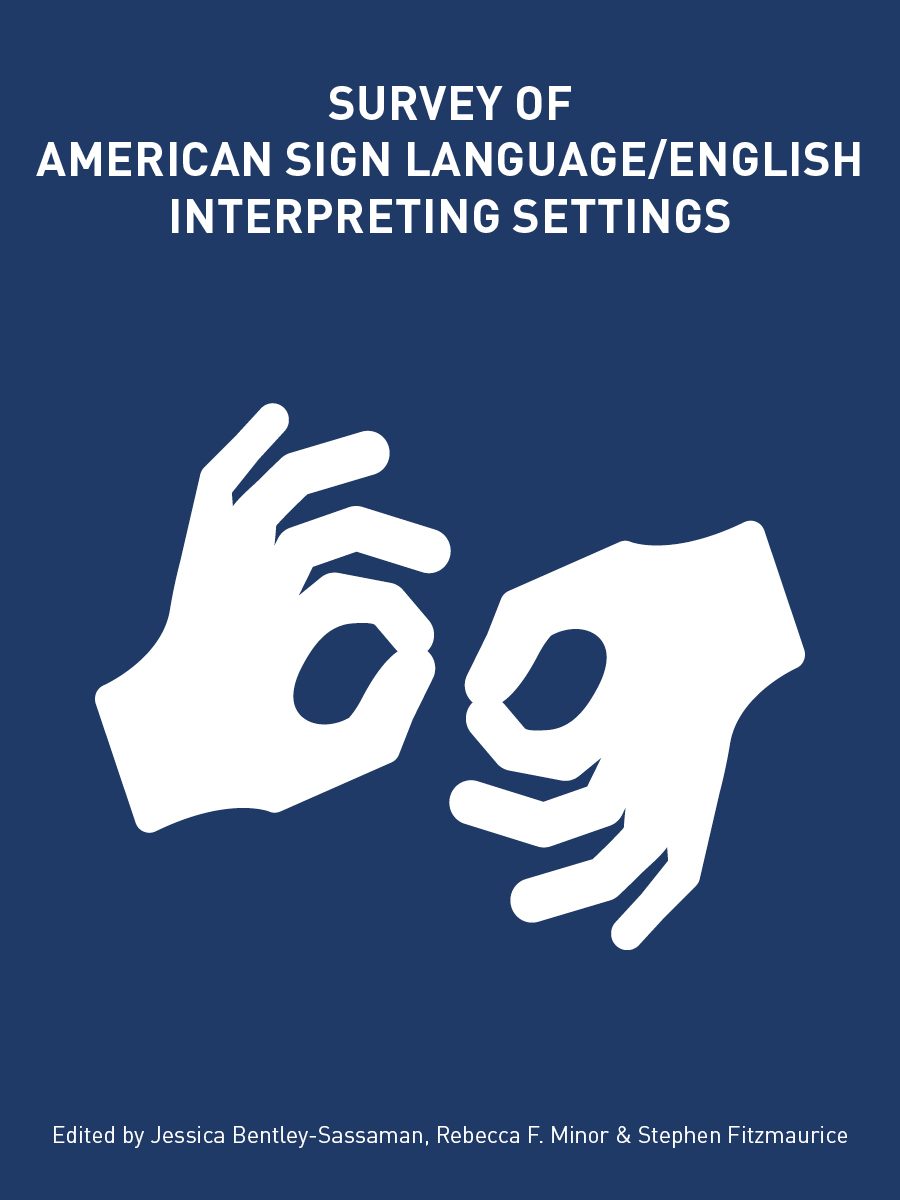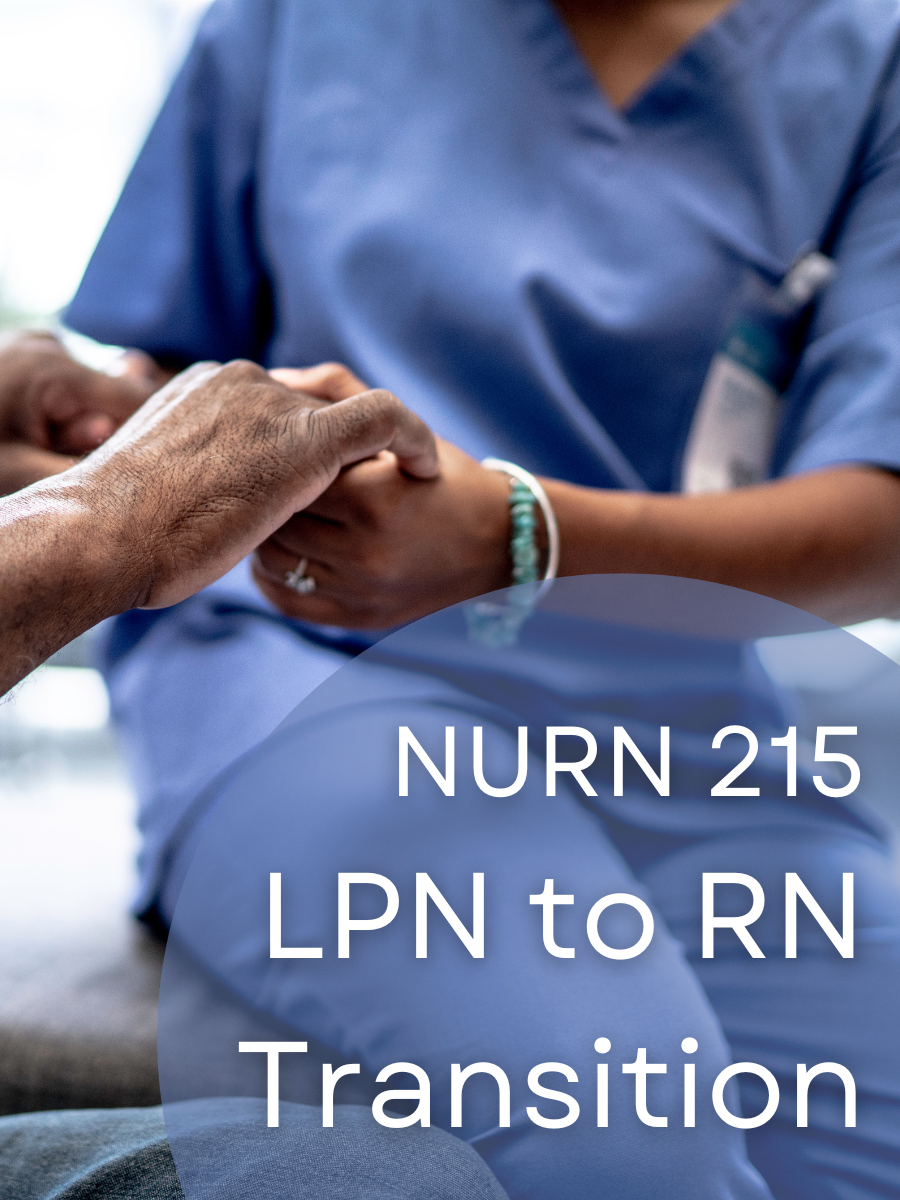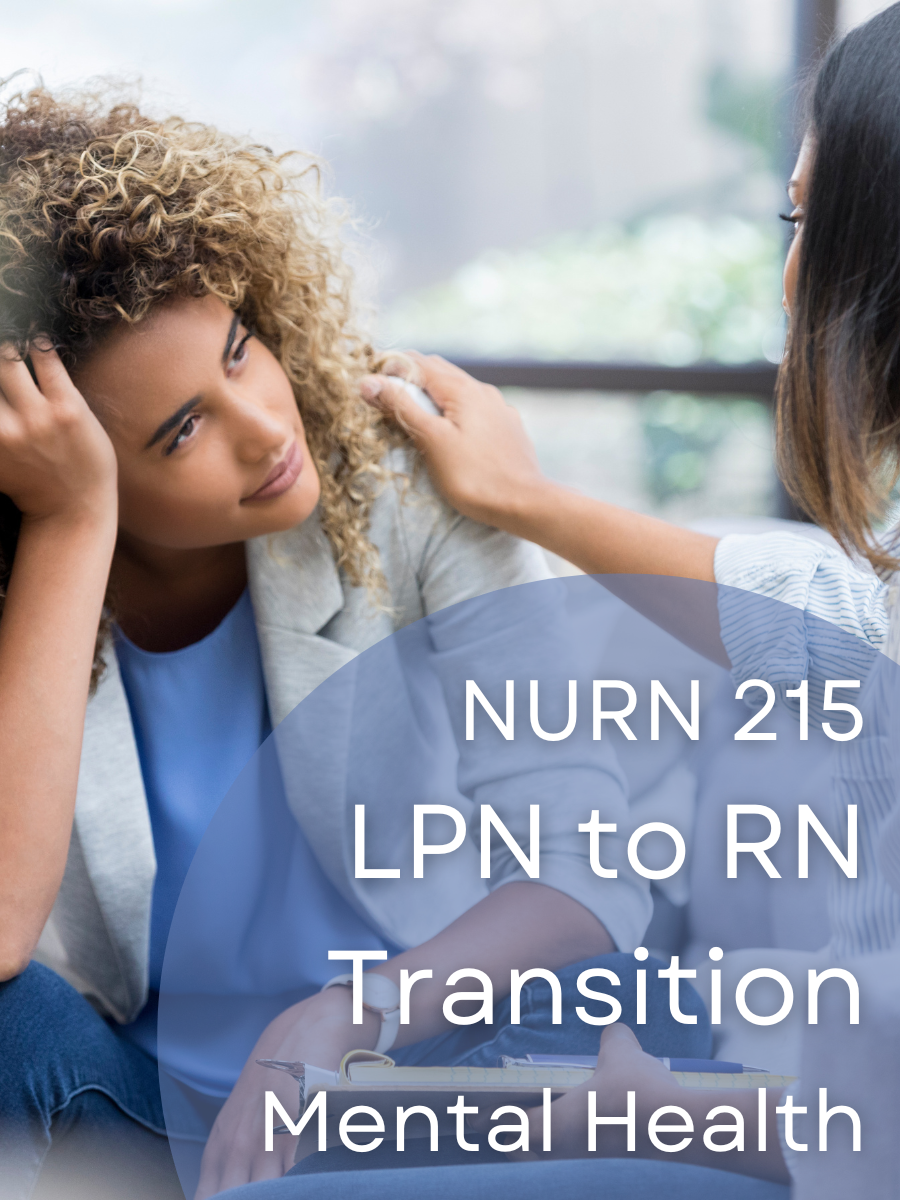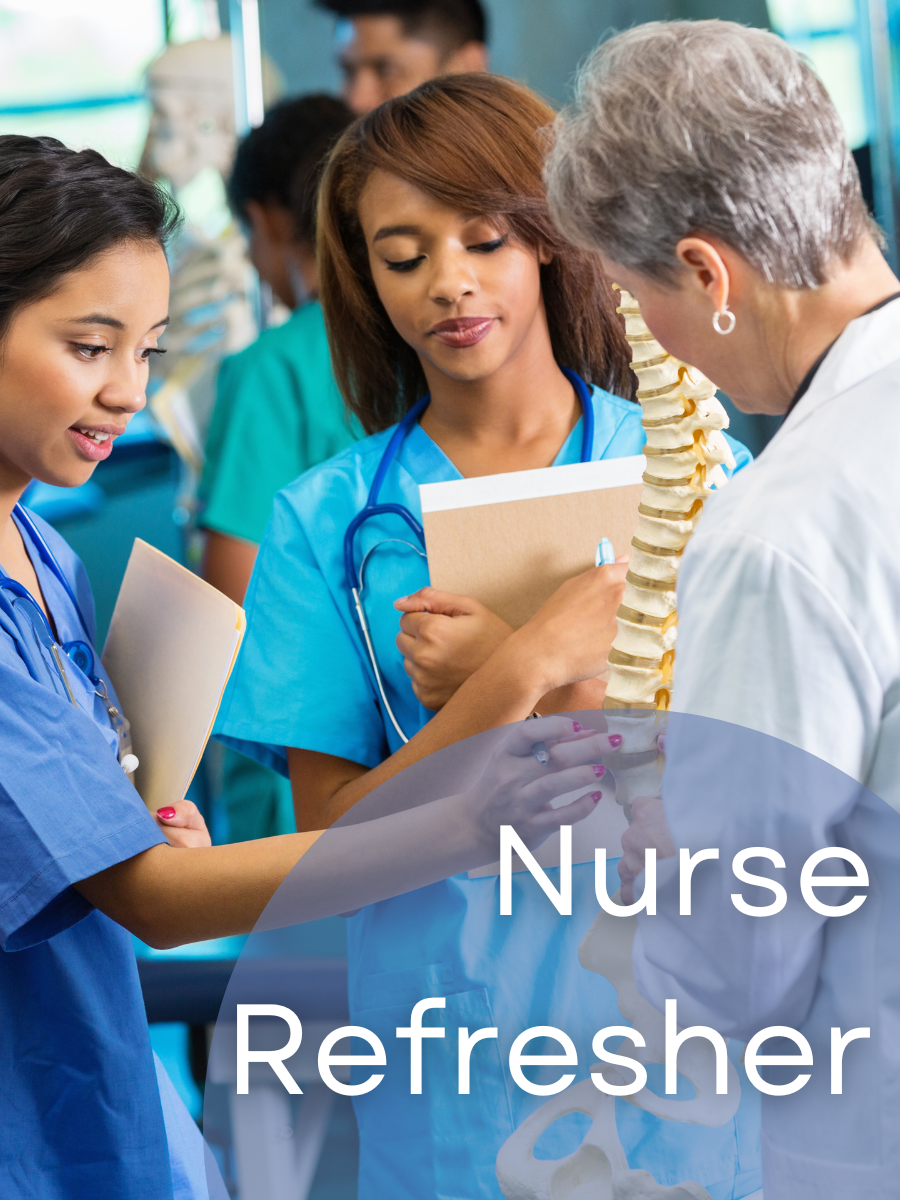OER @ CCBC
Open Educational Resources (OERs) and low-cost textbooks help lower the cost of attending college, by providing high-quality alternative educational materials, and allowing you to save money on expensive textbooks. These free and low-cost textbooks are being used in departments such as English, Math, Legal Studies, Human Services Counseling, and more. This guide was designed to support faculty at all stages of your textbook affordability efforts.
The Textbook Affordability Committee supports an OER grant every spring. The applications for this year are closed, but please return here to apply in Spring 2026!
Get connected to the OER community by joining the CCBC M.O.S.T. Commons Hub.
OER Project Workflow
Each tab was designed to help you at precise points in your OER project development.
1 - Getting Started with OER: If you are totally new to OER or would like more in-depth training.
2 - Finding OER: You have a good foundational idea of what OER is and you would like to search the repositories for content.
3 - Adapting or Creating OER: You have found a text you want to adapt or you want to start from scratch with creating your own OER.
4 - Reviewing and Editing OER: You have finished adapting or authoring and now you want to check for accessibility.
5 - Publishing OER: You are ready to share your OER with your students and/or the broader academic community.
6 - Revising/Modifying OER: You have an existing OER that you want to revise or modify, including making ancillary materials.
OER Assistance
Recent OER Projects







